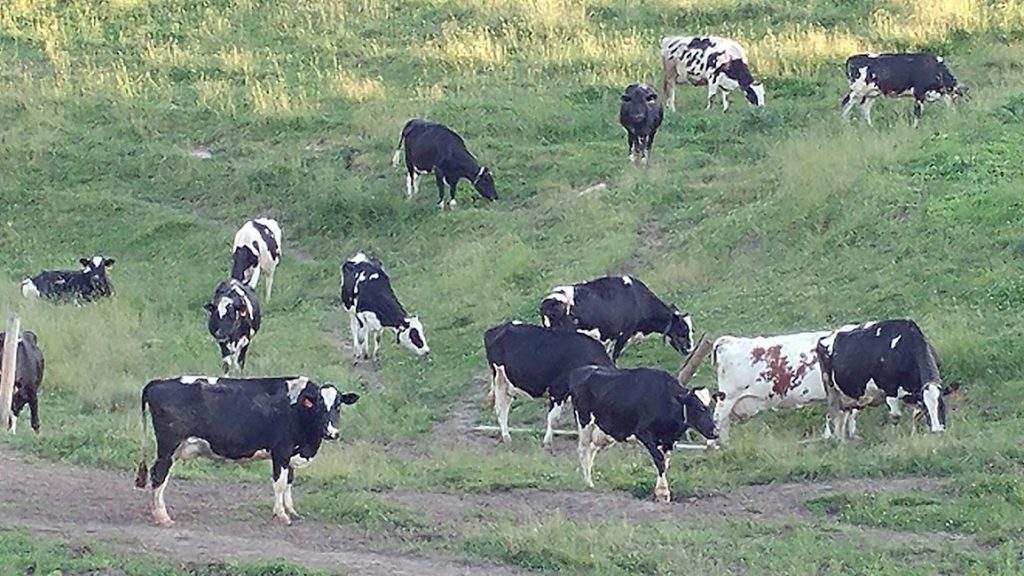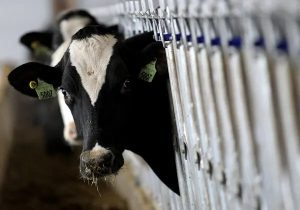
A recent report shows China’s drop in dairy imports is because they have rapidly become more self-sufficient.
Mary Ledman with RaboResearch tells Brownfield China took steps around four years ago to increase stocks of milk powder but pulled back dramatically after stocking up. She says China has also been working to become more self-sufficient with increased domestic dairy production. “They also passed in about 2018-19 time frame kind of their version of the farm bill, in which the government supported the expansion of milk production by the tune of 11-million metric tons.”
Ledman says China’s 40.5 million metric ton dairy production goal was reached a year earlier than planned in 2023. “That’s about 25 billion pounds of milk that they added in a five-year period, and Wisconsin produces about 30 billion pounds, so it’s almost adding another Wisconsin within five years, which is very impressive.”
Ledman says China has gone from 70% to about 85% self-sufficient. “So, they have definitely lessened their imports of liquid milk, packaged milk, as well as whole milk powder, but one of the largest exports from the United States to China is whey powders, and a lot of this whey powder is used to feed their baby pigs.”
Ledman says whey powder is a biproduct of cheese production, so one of the positives for U.S. exporters is China has not expanded cheese production, so they don’t have enough whey powder for their swine operations.
You can now read the most important #news on #eDairyNews #Whatsapp channels!!!
🇺🇸 eDairy News INGLÊS: https://whatsapp.com/channel/0029VaKsjzGDTkJyIN6hcP1K























